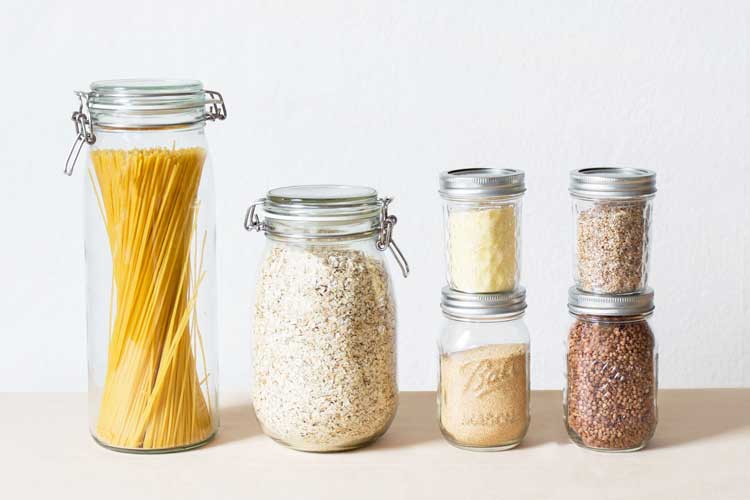by Emma Vass, CEO at Wessanen UK (owner of founding Fairtrade tea brand, Clipper Teas)
People are beginning to think differently when it comes to grocery shopping. Not only are we thinking about price, we are also starting to consider how the product was made and the impact it has on both people and the planet.
The message about plastic is loud and clear; reduce, reuse, recycle. It’s perhaps the simplicity of this message and the power of David Attenborough’s Blue Planet that has driven this home. But what active steps are people taking to be more environmentally friendly, improve their diets or give back to the people who made their products? Based on recent research, commissioned by Wessanen UK, here are seven changes we have made in 2019 to improve our impact on the planet.
1. Avoiding food waste
Food waste is a major contributor to climate change. From large hotel chains to cooking at home in the kitchen, everyone has a role to play in reducing food waste. Change has already started happening as 49% of consumers say they have started taking steps to avoid food waste.
12 tips for reducing food waste
2. Recycling more rubbish
With growing awareness around plastic pollution, 48% of UK residents are starting to realise that one way to reduce the amount of waste ending up in landfill, is to recycle it wherever possible. Improving recyclability is a priority for many ethically minded businesses, giving people more opportunity to recycle.
3. Eating less meat or dairy
The vegan trend has gained significant momentum over the last 12 months and 22% of us have reduced the amount of meat or dairy we eat. Whether you’ve taken a fully plant-based approach or have just made a conscious decision to cut back, any action to reduce the amount of meat we consume in the UK will have a positive effect on the planet.
Discover 10 vegan and Fairtrade products
4. Avoiding single-use plastic
Not buying single-use plastic takes effort. It’s used in so many everyday items making it hard to avoid. Though 40% of Brits have made a conscious attempt to avoid it in the last 12 months, which is great to see.
7 Fairtrade switches to cut your plastic use
5. Changing how we travel
It’s not a viable action for everyone, but those who can have made some changes to how they travel. 19% of us are now opting to use public transport more often and 15% have even cut back on air travel. Getting out on a bike or allowing time to walk are also great ways to reduce carbon emissions and help us get fit in the process.
6. Actively looking for ethical certifications
The FAIRTRADE mark has been around for 25 years now and awareness is increasing all the time. 62% of people now actively look for the FAIRTRADE mark when shopping for groceries. We’re proud that Clipper Teas was one of the founding Fairtrade tea brands. The tea bags are unbleached, non-GM and plastic-free too.
7. Using fewer plastic bags
Images of supermarket carrier bags turning up on the coast of Malaysia, packs a powerful punch. The very reasons they are so effective – strong and durable – are also the reasons why they can be so damaging to the environment as they don’t break down. After the introduction of the 5p charge, Brits have really cut back on their reliance of the plastic carrier bag and 56% say they’re now using fewer plastic bags.
The key findings from Wessanen UK’s sustainable grocery shopper report, based on over 2,000 UK adults, is available here: Read Wessanen UK’s shopper report
You might also like
Banner photo by Laura Mitulla on Unsplash
